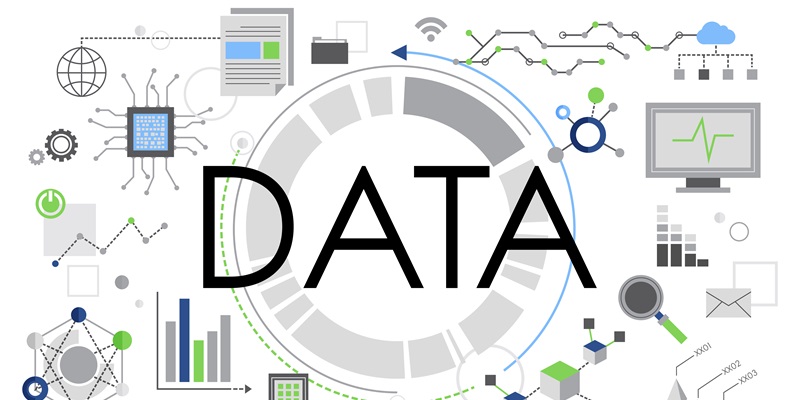Data science has emerged as a dynamic and interdisciplinary field that combines the principles of mathematics, statistics, computer science, domain knowledge, and effective communication skills to solve complex problems and drive innovation. In this article, we will explore various applications of data science in different domains, highlighting their significance and potential impact on society. From the detection of fake news to the enhancement of movie recommendations, data science plays a vital role in shaping our present and future.
The Importance of Fake News Detection in Preventing Misinformation
In an era where information spreads rapidly through social media and online platforms, fake news has become a pressing issue. Data scientists play a crucial role in developing algorithms and models that can identify and flag misleading information. By effectively combating misinformation, data scientists contribute to the preservation of truth, public trust, and the prevention of potential social and political consequences.
Utilizing Sentiment Analysis for Understanding Customer Feedback
Understanding customer sentiment is vital for businesses to improve their products and services. Data scientists leverage sentiment analysis techniques to analyze customer feedback, preferences, and satisfaction levels. By extracting valuable insights from large volumes of data, businesses can make data-driven decisions, enhance customer experiences, and maintain a competitive edge in the market.
Significance of Road Lane Line Detection for Autonomous Driving Systems
Autonomous driving systems are rapidly advancing, with the potential to revolutionize transportation. One critical aspect of these systems is road lane line detection. Data scientists develop algorithms that can accurately identify and track lane lines, improving the performance and safety of autonomous vehicles. This technology enables precise navigation, lane keeping, and assists in avoiding potential accidents, saving countless lives.
Applications and Benefits of Chatbots in Different Industries
Chatbots have become an integral part of customer service in various industries. These AI-powered virtual assistants can answer customer queries, provide recommendations, and offer personalized experiences. Data scientists work on natural language processing techniques to create intelligent chatbots that can understand and respond to user queries effectively. This automation improves customer satisfaction, reduces workload, and increases operational efficiency.
The Role of Driver Drowsiness Detection in Preventing Road Accidents
Driver drowsiness is a leading cause of road accidents worldwide. Data scientists develop systems that monitor various factors such as eye movements, head positions, and steering patterns to detect signs of driver fatigue. By analyzing these patterns in real-time, data science helps identify drowsy drivers and triggers timely alerts, potentially preventing accidents and saving lives.
Practical Uses of Gender and Age Detection in Various Fields
Gender and age detection technology finds applications in face recognition, demographic analysis, and targeted marketing. Data scientists employ machine learning models to analyze facial features and accurately predict gender and approximate age. These insights are valuable for businesses, governments, and organizations for personalized marketing, offering customized services, and gathering demographic information.
Handwritten Digit Recognition and Its Real-Life Applications
Handwritten digit recognition technology plays a significant role in various sectors. It can be employed in postal code recognition, bank check verification, and document analysis. Data scientists train algorithms to recognize and interpret handwritten digits with high precision, improving efficiency, accuracy, and optimizing workflow in these domains.
The importance of credit card fraud detection in preventing financial losses
Credit card fraud continues to pose a significant threat to individuals and financial institutions. Data scientists develop sophisticated models that analyze transaction patterns and detect fraudulent activities in real time. By promptly identifying suspicious transactions, data science helps prevent financial losses for cardholders and issuers while safeguarding the integrity of the financial system.
Enhancing Movie Recommendations for Improved User Experience and Customer Satisfaction
Movie recommendation systems have become an integral part of online streaming platforms, helping users discover new movies and enhancing their viewing experiences. Data scientists employ collaborative filtering algorithms and machine learning techniques to analyze user preferences and historical data, effectively making accurate movie recommendations. This personalization increases customer satisfaction, improves engagement, and contributes to the revenue growth of movie providers.
Data science continues to pave the way for groundbreaking advancements in various domains, bringing about positive transformations and adding value to society. From combating fake news to enabling autonomous driving systems, and from enhancing customer experiences through sentiment analysis to preventing financial fraud, data scientists play a pivotal role. The future of data science holds immense potential, and as technology evolves, its impact on society will continue to expand, creating a better and more connected world.

